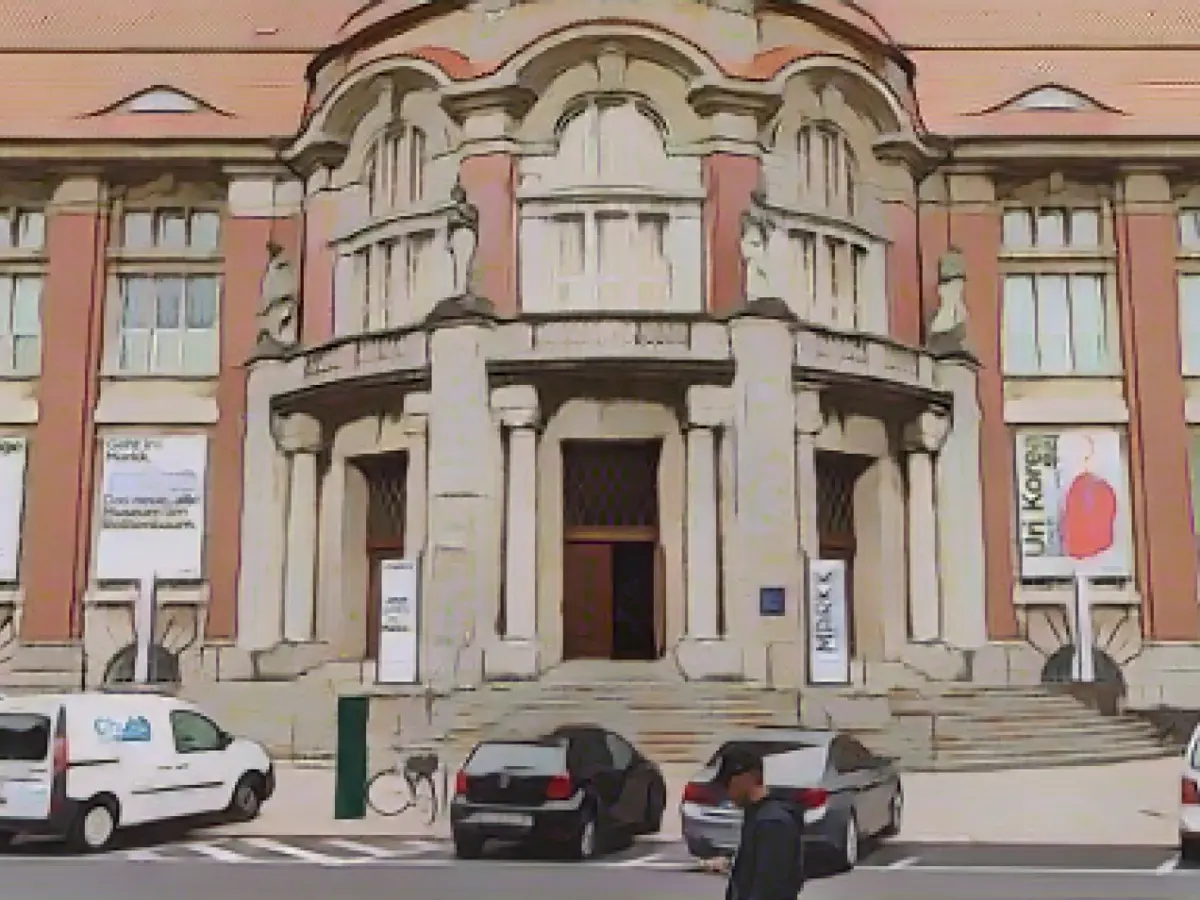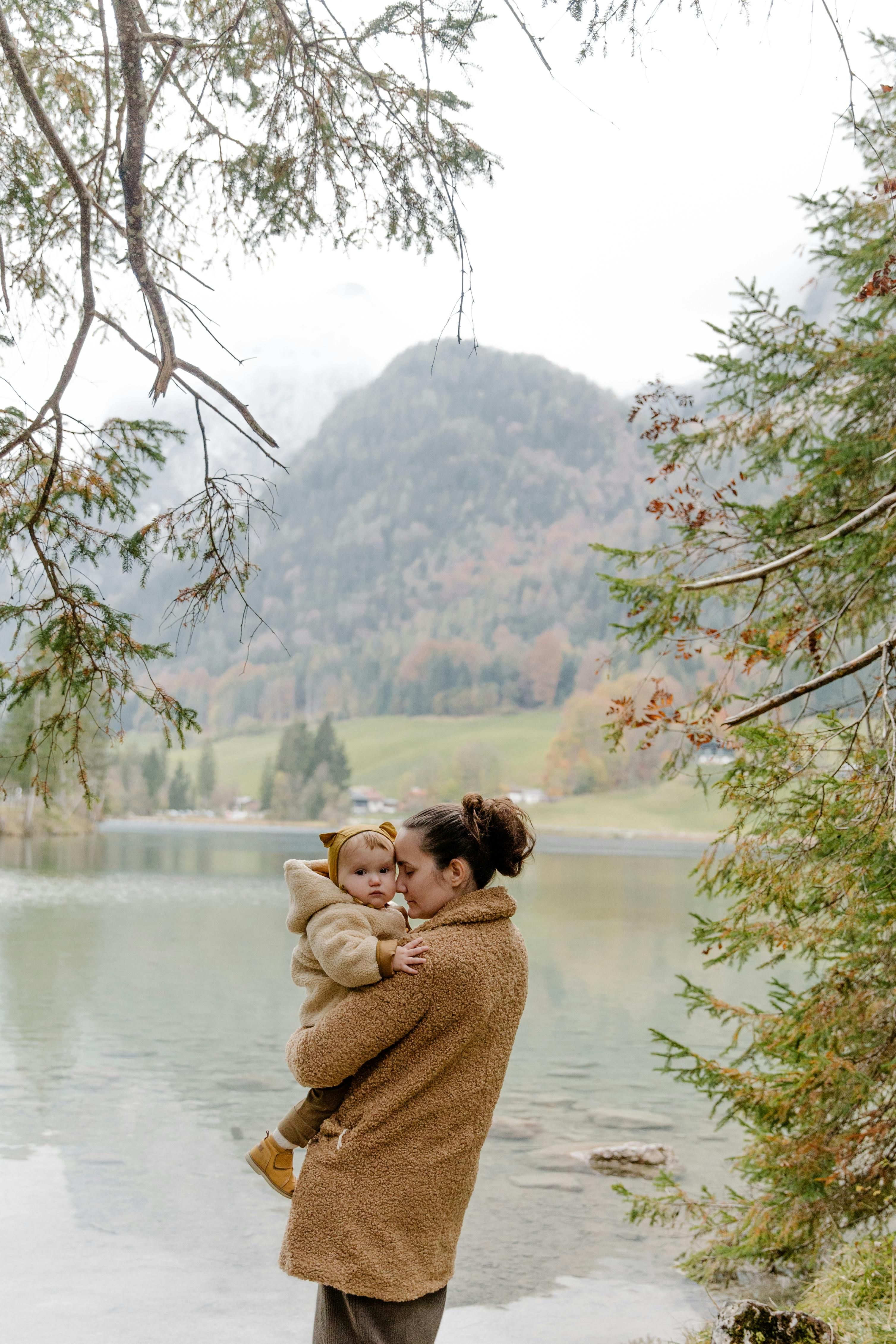Uncovering Colonial Pasts: Göttingen and Hamburg Delve into Human Remains
The University of Göttingen and Museum am Rothenbaum (MARKK) join forces to delve into the past, investigating the origins of human remains from previously colonized regions. A two-year research project has been launched, focusing on bones that were once housed in the former Hamburg Museum of Ethnology (now MARKK), now under the University of Göttingen's care.
Estimates suggest that the Anthropological Collection contained the remains of around 1200 individuals, hailing from various locations, including Palau, Micronesia, Samoa, Nauru, Papua New Guinea, Tanzania, Australia, Namibia, and Cameroon. Current research suggests that around 57 human remains remain in the MARKK, awaiting examination together with the collections in Göttingen. The investigation aims to initiate discussions about potential repatriation, supported by funding from the German Lost Art Foundation.
Barbara Plankensteiner, Director of MARKK, emphasized that addressing the historical responsibilities is long overdue. "As soon as we can identify the human remains, discussions regarding their repatriation will begin." The project aims to trace the acquisition contexts and transfer routes of the holdings, as well as the circumstances of their transfer from Hamburg to Göttingen.
Metin Tolan, President of the University of Göttingen, underscored the importance of addressing the colonial heritage of university collections. The examination of these collections will be given priority, given the University's history of requests for item returns from Australia, Palau, and Namibia.
Unpacking Colonial Legacies
The current investigation and repatriation efforts are a part of broader discussions about the colonial heritage of university collections, an essential topic in contemporary global discourse. While specific details for Palau are not readily available, provenance research and repatriation initiatives are underway in Germany and globally.
Collaborative and multidisciplinary approaches are essential in these efforts, involving institutions, governments, and indigenous communities. International cooperation is critical, and the process of repatriation is often intricate and complex, requiring negotiations between multiple stakeholders. The goal is to ensure that human remains are returned with dignity and respect, honoring their cultural and historical significance.
In the context of provenance research, several workshops and conferences have been held, such as "Post-koloniale Provenienzforschung in Theorie und Praxis" in Hamburg and "QUO VADIS PROVENANCE RESEARCH?" focused on photographic collections. These events provide opportunities to exchange ideas, share best practices, and shed light on crucial issues in colonial history and heritage.
Nurturing a Global Dialogue
The University of Göttingen's commitment to addressing its colonial past makes a significant contribution to the ongoing global discussion on this topic. Broadening the dialogue promotes decolonization and fosters a greater understanding of the complexities involved.
The repatriation process is essential in healing the wounds of history and fostering a more inclusive, equitable future. Through collaborative efforts and persistence, the return of human remains and other artifacts to their rightful homes will not only respect the cultural and historical importance of these objects but also shape a more holistic understanding of human history and promote mutual respect and understanding among diverse communities.
Sources:
Enrichment Data: The current investigation and repatriation efforts for human remains from colonized areas, specifically those from Palau that were part of the Anthropological Collection in Hamburg's Museum am Rothenbaum and later transferred to the University of Göttingen, embrace expanding discussions on provenance research and repatriation initiatives in Germany and globally. These efforts aim to promote active collaborations between institutions, governments, and indigenous communities to trace the origins of human remains, fostering a more inclusive and equitable approach to global history.






